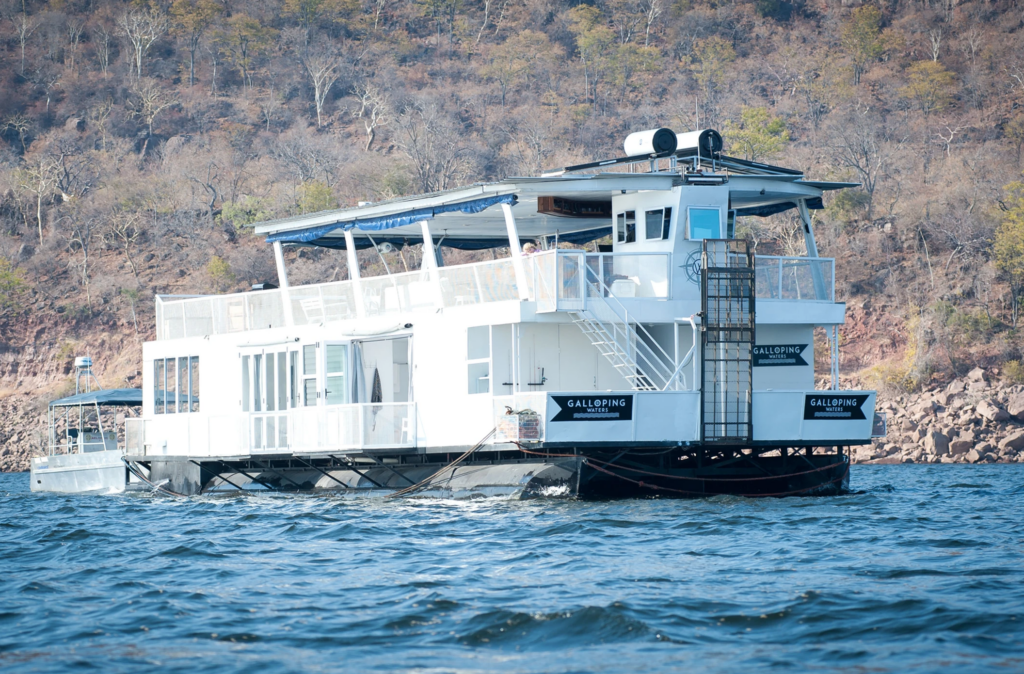
The startup life is often glamorised as one of endless hustle, long nights, constant flow of ideas, lots of money and the exhilarating rush of building something from the ground up. But the reality for founders is far less romantic. It’s a relentless marathon, demanding immense mental, physical, emotional, and financial sacrifices. The founder’s life is always a marathon, never a sprint. Because of the mental, physical and emotional toll that founders go through in their quest to establish and grow their businesses, they can often lead poor-quality lives. Here’s why founders need vacations and how they can actually take them:
Startups Can Be Stressful
Startups Can Cause Constant Burnout
Crucially, the constant pressure to perform, make decisions, and solve problems takes a toll. Admittedly, founders are at risk of severe burnout, characterised by exhaustion, cynicism, and a sense of ineffectiveness. This can cloud a person’s judgment, stifle their creativity, and ultimately hinder the very growth they’re striving for. Founder burnout is real, and if you’re going to embark on this journey, you need to be aware of it.
Startups Can Be Physically Demanding the Body
Starting a business and indeed running one can be physically demanding on the body. The mounting stress, if not checked and dealt with, can wreak hormonal havoc and breed all sorts of physical health complications. Sleep deprivation, weakened immune systems, and increased susceptibility to illness are just some of the potential consequences.
Startups Can Exact An Emotional Toll.
Apart from bodily stress, there is also the emotional side of things. The emotional toll can be significant on a founder. Really. Founders can experience anxiety, isolation, and feelings of self-doubt. Some founders actually suffer from a visceral fear of running out of money; a fear of poverty or being broke. There’s a term for that- peniaphobia. Yes. It’s a real phobia. The constant pressure to succeed can strain personal relationships and leave founders feeling emotionally depleted.
Startups Can Cause Financial Stress
This is a big one. Founders often forgo financial security in the early stages, working long hours with uncertain income. This constant financial stress adds another layer of burden and can negatively impact mental well-being. Particularly for founders with families and who are having to depend on their business for a living, the financial strain that founders experience can wreak havoc on their psyche.

Thou Shalt Rest, Really!
So, what happens when founders ignore these warning signs and refuse to take vacations?
Poor Decision Making
Without a break, the ability to make sound decisions suffers. Founders might rush into bad deals or miss crucial opportunities due to clouded judgement.
Hampered Innovation
Indeed, all the stresses above cap hinder innovation and creativity. Creativity thrives on a refreshed mind. Without a break, founders get stuck in a furrow, unable to come up with innovative solutions or see problems from new angles.
Team Turmoil
A burned-out founder creates a stressful environment for the entire team, affecting morale and productivity. Truth be told, no one likes to work with a burnt-out stressed person. Founder stress has a way of dampening team spirit.
In the wake of all these issues we have described above, what should founders do?
5 Tips For Founder Vacations

Taking a vacation isn’t a luxury, it’s a necessity. As we explore why founders need vacations and how they can actually take them, here are five tips for founders to get that much-needed rest.
1. Plan and Delegate
If you’re a founder, you’ve probably heard this before- if you don’t plan for something, you won’t get it done. And yes, that includes vacations. Appoint a reliable team member to deal with urgent matters while you’re away. Set clear expectations and establish communication protocols for emergencies.
2. Disconnect to Reconnect
When on vacation, really plan to get rest. Resist the urge to check emails or answer work-related calls constantly. Remember that the vacation is about you. Set boundaries and let your team know you’ll be unavailable. Do your best to disconnect, so that you reconnect. It will do you and your team a lot of good. Leave Work at Work. Don’t pack your laptop as a “just in case” measure. Treat your vacation like a sacred space for rejuvenation, not a disguised work session.
3. Be Creative With Your Budget
Times are hard. A vacation doesn’t have to be expensive or flamboyant. It just has to be meaningful. You don’t have to fly abroad or travel to another country for it to be called a vacation. It can be as simple as lodging at a spot nearby. The idea is to refresh, not break the bank. If funds allow, take a trip with friends to another city. That way you can share the costs. Instead of eating out while you’re there, you can carry food in advance and cook yourselves. There’s so much you can do to keep costs down. For those in Zambia, Siavonga and Livingstone have great affordable spots to fit any budget. A good example is Galloping Waters, a houseboat you can rent for a ride on Lake Kariba. There are many other options you can choose from, including Miselo’s, a breath-taking lake house on the banks of Lake Kariba.
4. Choose Wisely
Pick a destination and activities that truly recharge you. Whether it’s an adrenaline-pumping adventure or a serene escape to nature, prioritise activities that help you de-stress and disconnect. That’s the point of a vacation.
5. Re-enter Gradually
When you’re back, don’t jump back into the fire. Ease back into your work routine to prevent burnout relapse. Don’t load yourself with meetings and stressful tasks in the first week of your return. Ease into it.
Remember, founders, your company needs a healthy, well-rested leader at the helm. Taking a vacation isn’t a sign of weakness; it’s a strategic decision for long-term success. Make your well-being a priority, and watch your company, and yourself, flourish. Peace.
- 13 Life Lessons I Learnt as a Teacher - July 23, 2024
- 13 Life Lessons I Learnt as a Teacher - July 22, 2024
- 13 Life Lessons I Learnt as a Teacher - July 21, 2024




This is brilliantly put and very helpful . It brings in context the balance between achieving the much desired goals and mental health and wellbeing .